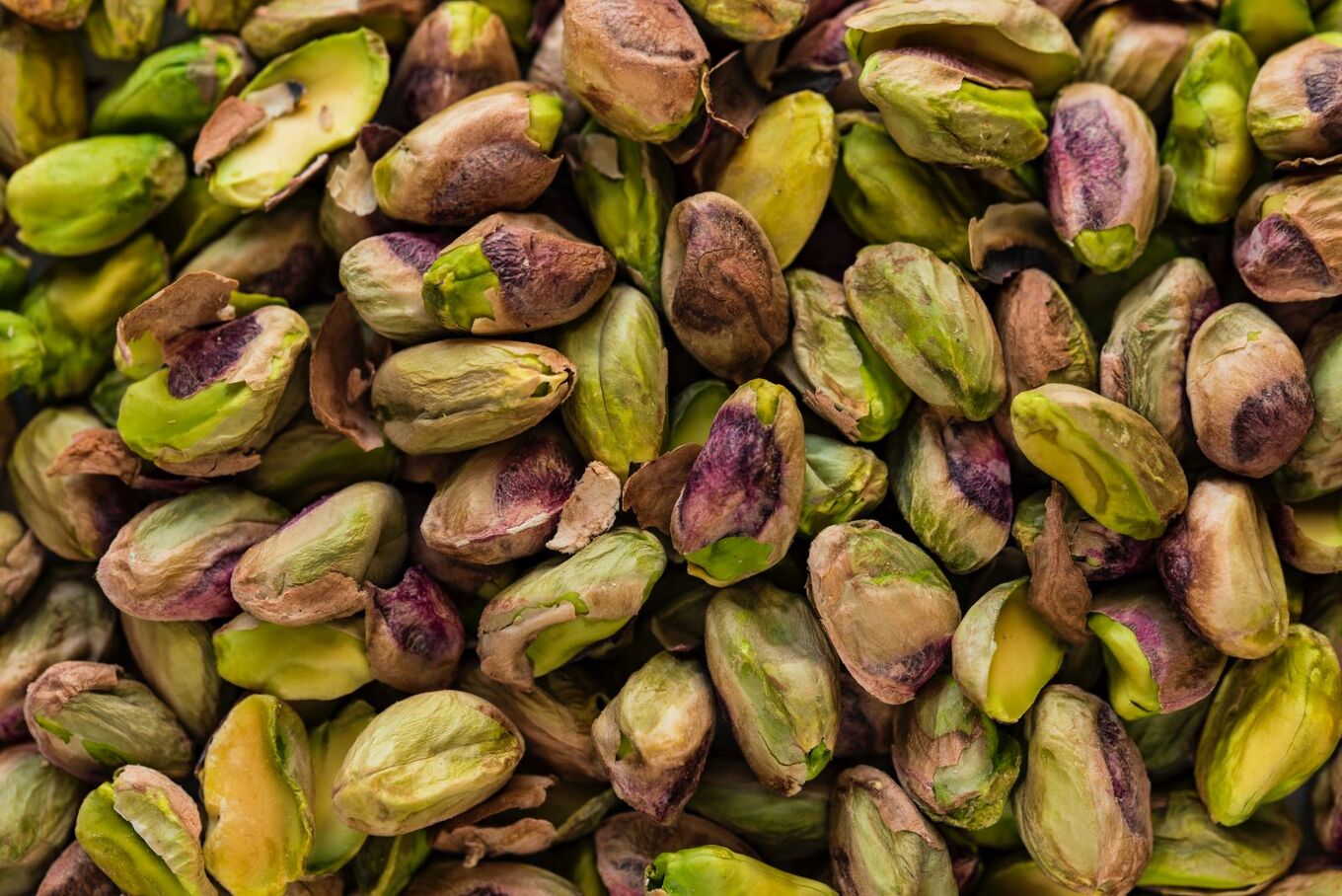A mere 30 grams of nuts—about equivalent to a handful—consumed daily could potentially lead to a 17 percent reduction in the risk of depression, according to a recent study published in the medical journal Clinical Nutrition. The research, based on data drawn from the extensive UK Biobank database, sheds light on the intriguing connection between diet and mental health.
Analyzing information from more than 13,000 middle-aged and elderly participants, with an average age of 58, researchers delved into the nutritional habits and mental well-being of these individuals spanning the period between 2007 and 2020.
Individuals without depression symptoms at the study’s inception were tracked over time, with their nut consumption recorded through questionnaires and their depressive symptoms monitored closely.
 Joanna Kosinska/Unsplash
Joanna Kosinska/Unsplash
The results disclosed that those who included a daily regimen of 30 grams of nuts— encompassing almonds, walnuts, cashews, hazelnuts, pistachios, and Brazil nuts—exhibited a diminished likelihood of either requiring antidepressant treatment or succumbing to depression.
Impressively, the findings remained consistent even after accounting for various factors that could conceivably influence mental health, such as underlying health conditions and lifestyle choices.
The health benefits of nuts
The findings do not clearly indicate why nuts were associated with this reduced risk. However, researchers and experts speculate protective nutrients in nuts play a role.
Experts have previously highlighted the role of nuts as sources of bioavailable phytochemicals known for their anti-inflammatory and antioxidant attributes. The anti-inflammatory effects, encompassing the suppression of proinflammatory cytokine expression, coupled with the antioxidant benefits, could collectively contribute to the observed reduction in depression risk.
 Canva
Canva
Further exploration reveals that nuts contain amino acids, including arginine, glutamine, serine, and tryptophan, which have been associated with mood regulation. Plus, the presence of antioxidants, notably vitamin E and omega-3 fatty acids in nuts, underscores their potential role in bolstering brain health.
A study published last year in scientific journal Nutrients from researchers at the University of South Australia found that eating two ounces of walnuts a day for 16 weeks resulted in improved self-reported mental health indicators for undergraduate university students.
Additionally, the study found that daily consumption of walnuts increased total protein and albumin levels, which could play a role in protecting against the negative effects of academic stress on metabolic biomarkers.
 Getty
Getty
While academic stress did not change stress biomarkers such as cortisol and α-amylase, daily walnut consumption decreased α-amylase levels, further suggesting that walnuts may protect against the effects of stress.
“While more supporting research is needed, evidence is becoming clear that consuming walnuts as a healthy eating pattern may have positive effects on cognition and mental health, potentially owing to their abundance in omega-3 ALA content,” Larisa Bobrovskaya, PhD, Associate Professor of Clinical and Health Sciences at the University of South Australia and lead researcher on the study, said in a statement at the time.
In fact, walnuts have a unique matrix of bioactive nutrients and phytochemicals that may underlie the beneficial effects on mental health seen in studies like this one.
“Furthermore, research has shown that increasing dietary tryptophan, which the brain uses to make serotonin (a natural mood stabilizer), results in reduced symptoms of anxiety and depression,” she noted.
“Thus, the presence of tryptophan in walnuts may have also contributed to these findings.”
While the latest study hints at a compelling correlation between nut consumption and a lowered likelihood of depression, experts emphasize that causation is not definitively established.
The link between diet and mood
As the investigation into the relationship between nut consumption and depression risk unfolds, other research has looked into the impact of overall diet quality on mood.
One study conducted in 2012 found that converting to a vegetarian diet can actually improve one’s mood. Of 39 participants, the researchers found that omnivores reported experiencing more negative moods—such as anxiety, stress, and depression—than vegetarians, possibly due to meat’s higher content of arachidonic acid, a component found to create brain changes that impact disposition.
 Getty
Getty
Another study found that frequent consumption of fast food and processed sweets can increase the risk of depression. Of the nearly 9,000 participants in this study, researchers discovered that the subjects who ate the most fast food (such as hamburgers and pizza) and baked goods (doughnuts, croissants, and other pastries) were 51 percent more likely to develop depression.
Research has yet to distinguish and determine how plant-based alternatives to these traditionally animal-based fast foods affect depression.
For the latest vegan news, read:
JUMP TO ... Latest News | Recipes | Guides | Health | Shop









